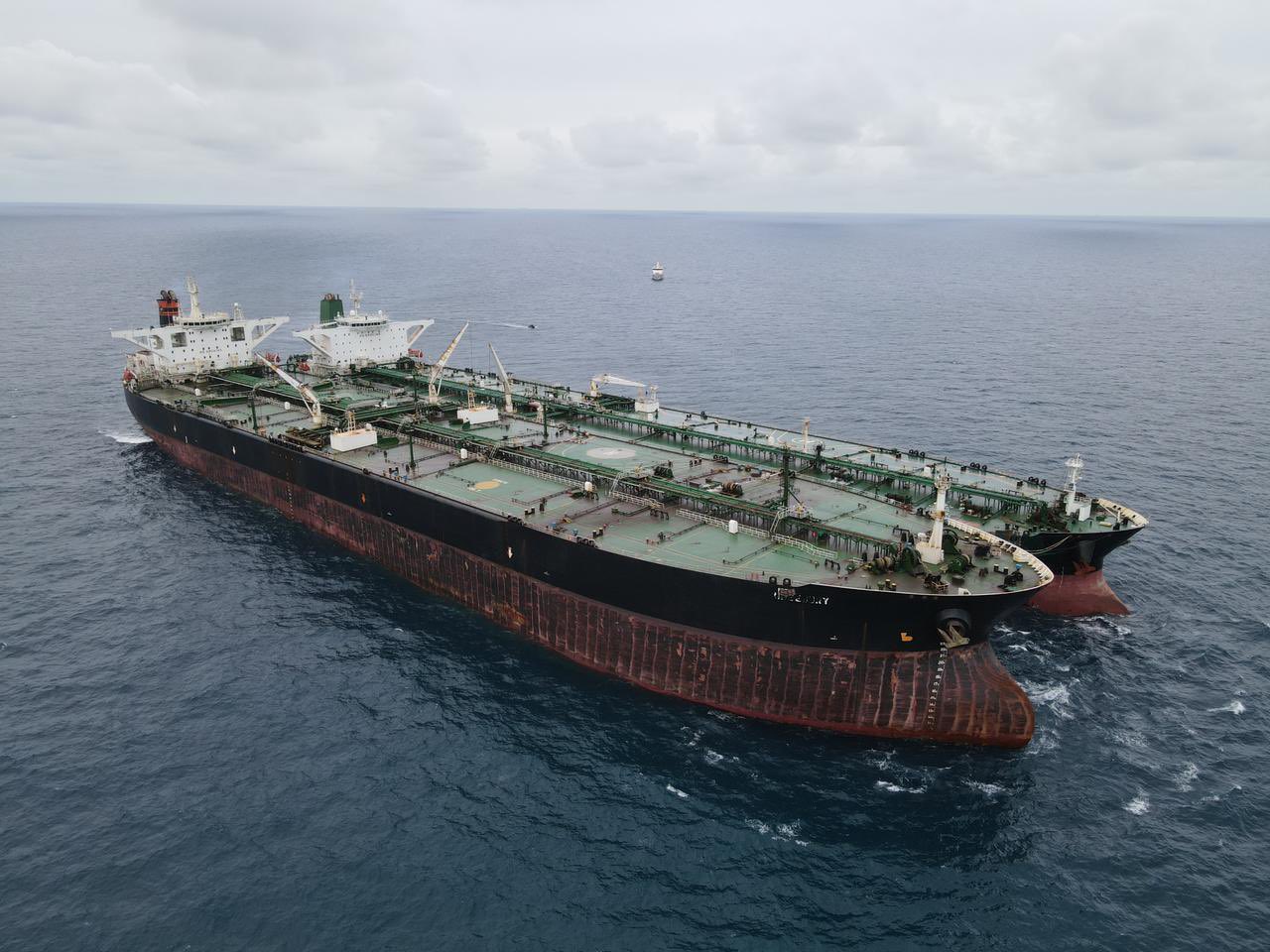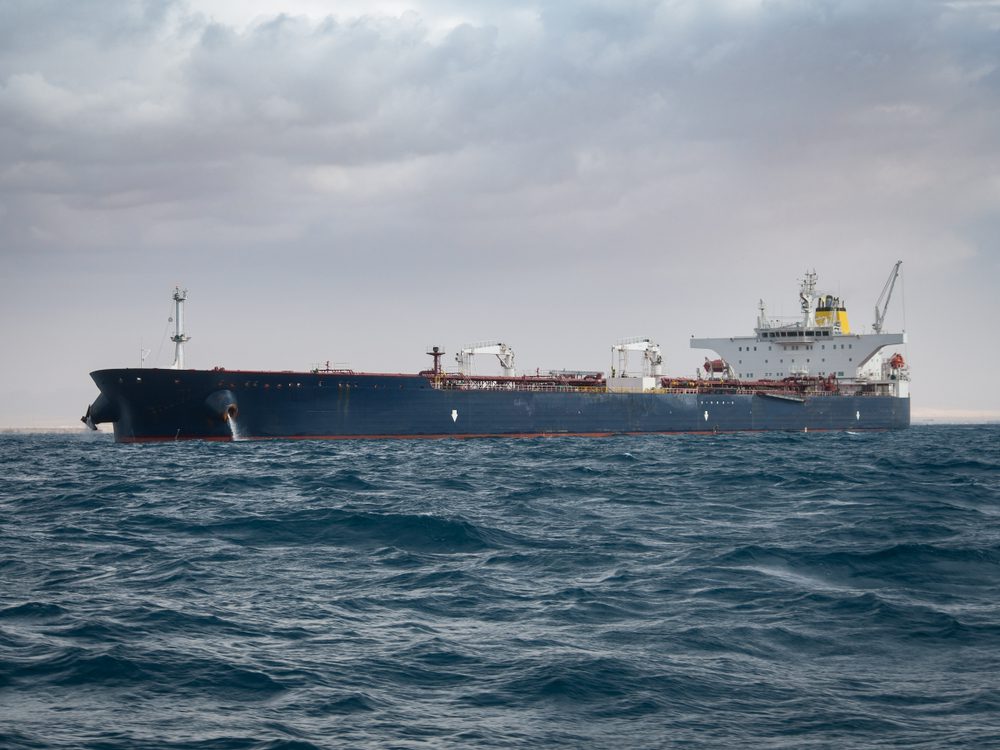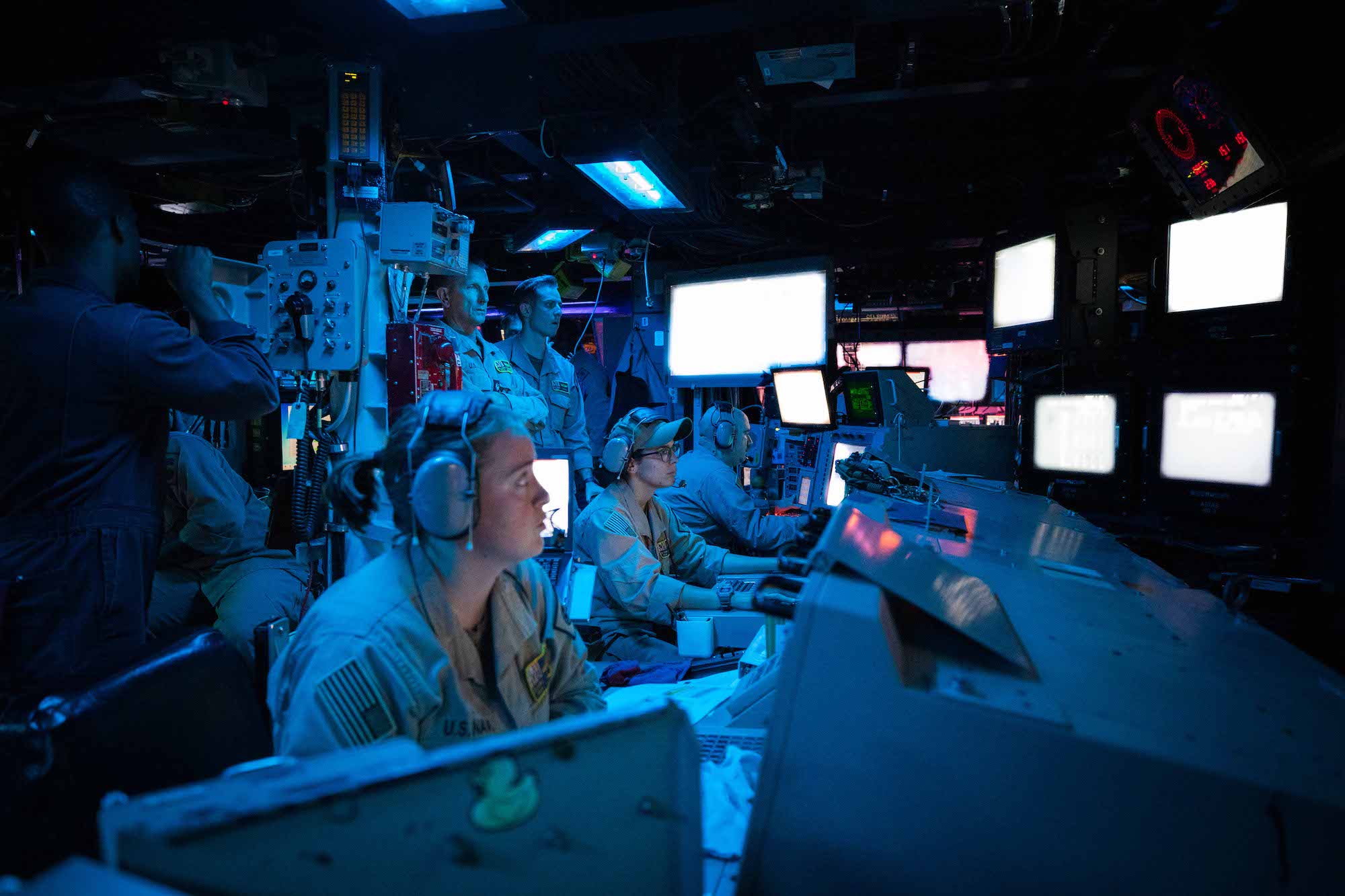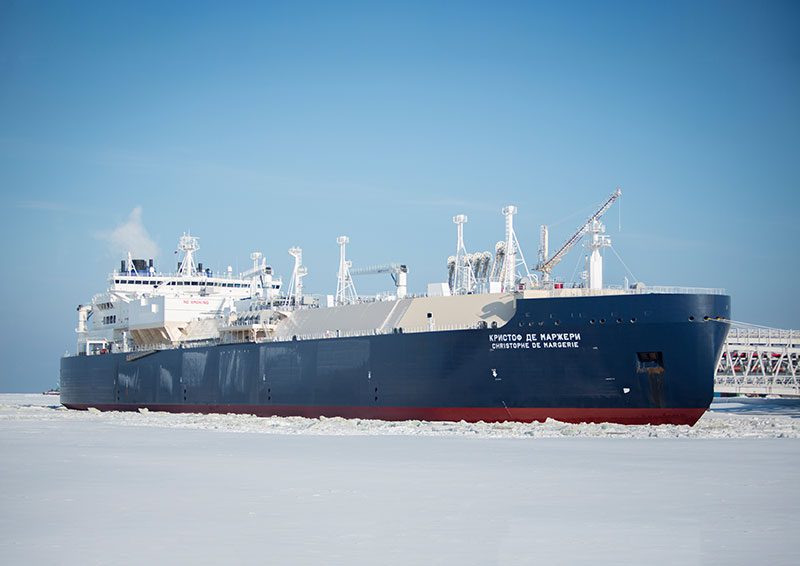By Yew Lun Tian and Fathin Ungku
BEIJING (Reuters) – China said on Wednesday it was seeking details about 25 of its nationals who were among 61 crew on two supertankers seized by Indonesia on suspicion of illegally transferring oil.
Indonesia said on Sunday it had seized the vessels after they were detected making the transfer from Iranian-flagged MT Horse to Panamanian-flagged MT Freya, causing an oil spill.
The Indonesian authorities said the seizure was not related to U.S. sanctions, which Washington imposed in a bid to shut off Iran’s oil exports in a dispute over Tehran’s nuclear programme.
The MT Horse, owned by the National Iranian Tanker Company, and MT Freya, managed by Shanghai Future Ship Management Co, were detected off Indonesia’s Kalimantan island.
China’s Foreign Ministry spokesman Zhao Lijian said 25 of the crew members were Chinese, without saying whether the crew were all on one vessel or split between both.
“Our embassy has expressed concern to Indonesia,” Zhao said. “We urged them to verify the situation about the Chinese seamen as soon as possible and inform us formally.”
He said China called on Indonesia to conduct an investigation “fairly and in accordance with the law”.
Indonesian Foreign Ministry spokesman Teuku Faizasyah, told Reuters there had been “initial communication” with China and Iran, and said further discussion would depend on results from the investigation.
Iran’s Foreign Ministry said on Monday the seizure of its tanker was over a technical issue and that it had asked Indonesia to provide more details.
Iran has been accused of seeking to conceal the destination of its oil sales by disabling tracking systems on its tankers.
The Indonesian authorities said the ships concealed their identity by not showing national flags, turning off automatic identification systems and failing to respond to a radio call.
The International Maritime Organization (IMO) requires ships to use transponders for safety and transparency. Crews can turn off devices if there is a danger of piracy or similar hazards.
“We welcome the Indonesian Coast Guard efforts to counter illicit maritime activity,” a U.S. embassy spokesman in Jakarta told Reuters, saying Washington supported efforts to ensure IMO standards for safety and environmental compliance were upheld.
(Reporting by Fathin Ungku in Singapore, Yew Lun Tian in Beijing and Agustinus Beo Da Costa in Jakarta; Editing by Florence Tan and Edmund Blair)
(c) Copyright Thomson Reuters 2021.
Unlock Exclusive Insights Today!
Join the gCaptain Club for curated content, insider opinions, and vibrant community discussions.

 Join The Club
Join The Club














